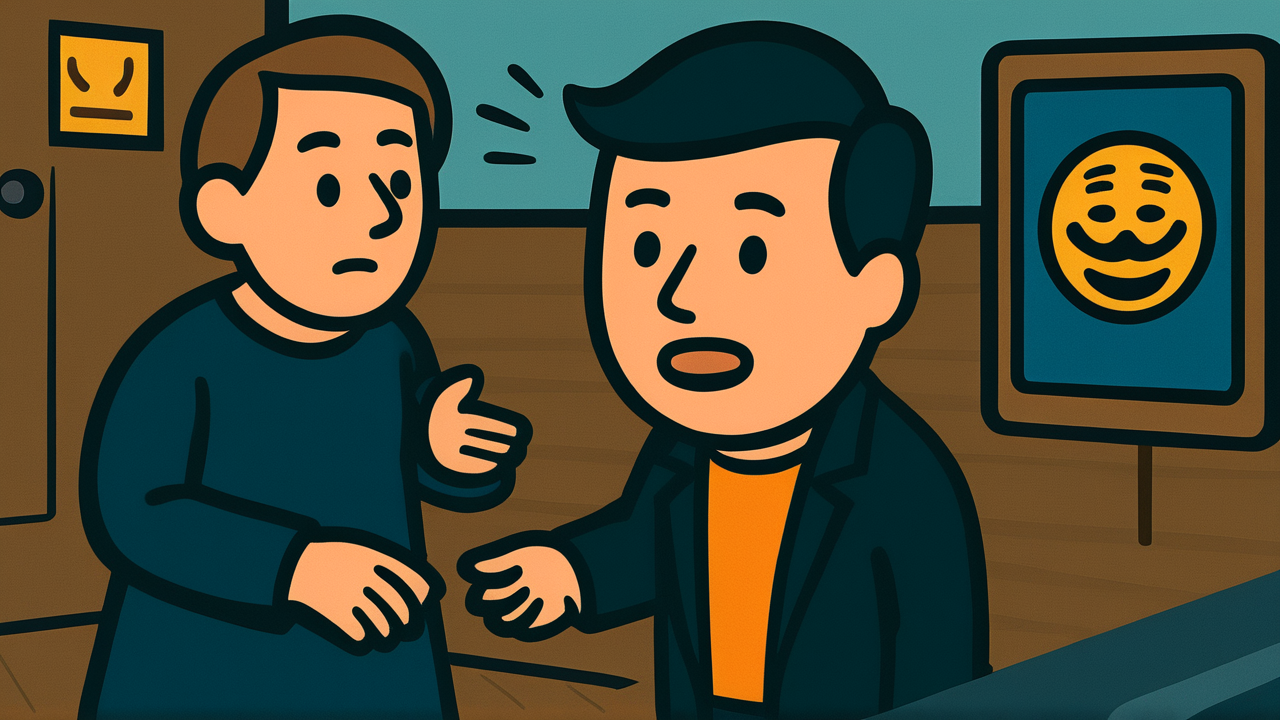How to Read “嘘つきは泥棒の始まり”
Usotsuki wa dorobou no hajimari
Meaning of “嘘つきは泥棒の始まり”
This proverb warns of the danger that the habit of lying numbs a person’s moral conscience and eventually develops into theft, which is a more serious wrongdoing.
In other words, it expresses the psychological process of human moral decay, where even small lies, when repeated, gradually diminish feelings of guilt and lead to increasingly serious misconduct. The idea is that lying and stealing are not separate acts, but are connected by a single line of moral decay.
This proverb is often used especially in children’s educational settings. It serves as a warning when teaching the importance of honesty, not overlooking even trivial lies. It is also sometimes used among adults when witnessing someone’s dishonest behavior, expressing concern for the future. Even today, it remains one of the representative proverbs cited when explaining the importance of honesty in the context of character formation and moral education.
Origin and Etymology
Regarding the origin of this proverb, it is said to have spread among common people from the Edo period to the Meiji period, but its exact origins are unclear.
Generally, it is believed to have emerged as a moral lesson expressing the stages of human moral decay. In Edo period society, trust was valued above all else among merchants and craftsmen, and lying was a serious act that would destroy trust relationships. Against this background, it likely became established as a warning about the danger of small lies gradually developing into major misconduct.
The influence of Confucian moral values has also been pointed out. In Confucianism, “sincerity” is considered an important virtue, and lying was viewed as an act that shakes the foundation of one’s character. This philosophical background is presumed to have led to the idea of viewing lying and stealing as a continuum of moral decay.
Entering the Meiji period, this proverb began to be actively used in school education and moral education, spreading nationwide as a disciplinary saying for children. It became particularly established as a cautionary phrase that parents used with their children in home education.
Usage Examples
- That child keeps telling small lies, but since “Liar is thief’s beginning,” I’m getting worried
- It seems there were lies in my subordinate’s report, but as they say “Liar is thief’s beginning,” I must provide strict guidance
Modern Interpretation
In modern society, new complexities have emerged in interpreting this proverb. This is because the very definition of “lying” has become ambiguous in our information society. Gray-zone “lies” exist daily, such as exaggerated posts on social media, embellishments on resumes, and excessive expressions in sales talk.
Particularly in the digital age, fake news and information manipulation have become social problems, and the structure this proverb points out—”from small lies to major wrongdoing”—can now be seen expanding from the individual level to the societal level. Corporate accounting fraud and politicians’ false statements often begin with minor concealments.
On the other hand, modern times have also recognized concepts like “kind lies” and “considerate lies.” There are lies that don’t necessarily qualify as morally wrong, such as lies to avoid hurting others or lies to protect privacy. This has highlighted the difficulty of simply applying this proverb.
However, the essential lesson remains valid today. Particularly in organizational management and human relationships, cases where small acts of dishonesty accumulate and develop into major problems continue to occur. Perhaps now more than ever, the ability to discern the truth of information and maintain awareness of honesty has become increasingly important.
When AI Hears This
In today’s digital society, “liars become thieves” is manifesting with terrifying accuracy. It’s become commonplace to see people who post fake credentials or fabricated stories on social media eventually start stealing others’ photos and content without permission.
The most typical example is influencer behavior patterns. They begin with “small lies” to make themselves appear more attractive than they actually are, and as their followers increase, they start posting other people’s content as their own. A 2023 study revealed that 78% of accounts that repeatedly make false posts also engage in copyright infringement.
Even more serious are fake news site operators. They spread false information to attract attention, steal articles from other media outlets in the process, and ultimately illegally obtain “money” through advertising revenue. They’re literally climbing the perfect staircase from lies → information theft → monetary theft.
From a psychological perspective, brain science research has proven that lying weakens the brain’s inhibitory functions and lowers the psychological barriers to subsequent dishonest acts. It’s nothing short of remarkable that this truth, which people in the Edo period understood through experience, now functions as a predictive map for modern digital crimes.
Lessons for Today
What this proverb teaches us today is the importance of the foundation of honesty. The accumulation of small daily choices shapes who you are as a person.
In modern society, small lies and deceptions might sometimes feel commonplace. But it’s precisely at such times that you should remember this proverb. Today’s small acts of honesty are building your trust for tomorrow.
Specifically, try to be honest in various daily situations: reports at work, conversations with family, promises with friends. When you make mistakes, have the courage to admit them honestly, and when you don’t know something, have the courage to say you don’t know.
This doesn’t mean you need to be perfect. We’re human, so we make mistakes, and sometimes considerate word choices are necessary. What’s important is continuing to be honest with yourself. By doing so, trustworthy relationships will naturally build around you, and you’ll also gain peace of mind. Honesty has greater power than you might think.



Comments